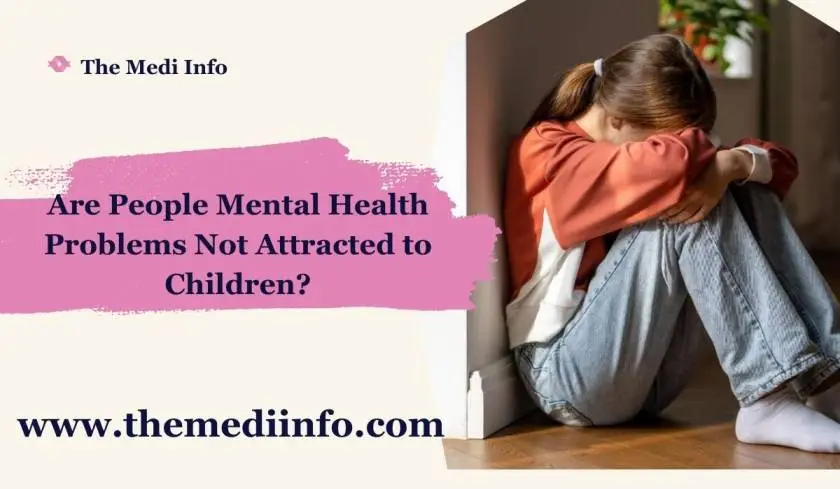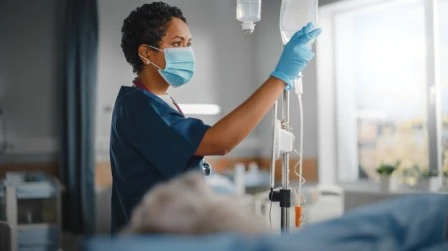
Many women may wonder if they have genetic mutations that make them more apt to develop breast and ovarian cancers. Is it worth it for women to be tested and see if they may be carrying those mutations? A new study says it just might be, for those who are younger.

According to a study published in JAMA Network Open, population-wide testing for genetic mutations connected with hereditary breast and ovarian cancers may be cost effective and have health benefits for women between 20 and 35. However, older women didn’t see the same benefits because most preventative surgeries happen before the age of 50 and most genetic cancer cases are diagnosed after age 50. Older women don’t have as much time to act.
The findings come from research done by the RISE Consortium, which works to determine the long-term health and economic benefit to genetic screening. Researchers developed a model to compare population screening for hereditary breast and ovarian cancers in an unselected population of women who had no prior diagnosis versus no screening. BRCA1 and BRCA2 were among the harmful mutations included.
Fewer Cancer Cases and Increased Quality of Life
The study found that population screening of 30-year-old women led to 75 fewer cancer cases per 100 thousand women. Among 45-year-olds, it wasn’t quite as effective, with only 24 fewer cases per 100 thousand women. Researchers also looked at quality-adjusted-life-years, or QALYs. They found that 30-year-old women gained 288 QALYs, while 45-year-old women only gained 97.

Dr. Josh Peterson, one of the study authors and a principal investigator for RISE, says, “Screening for genetic conditions and risks has become common for the perinatal period, but whether to do so for adults is still debated. This study adds to the growing literature that testing for common genetic risks, such as hereditary breast and ovarian cancer, early in adult life is beneficial to patients and cost-effective from a societal perspective.”
The study authors noted that more research is needed to see if women who test negative still get recommended health screenings for all women.
Certain Genetic Mutations Greatly Increase Cancer Risk
According to the National Cancer Institute, 55%-72% of women who inherit a harmful BRCA1 mutation will develop breast cancer by the age of 70-80, while 45%-69% of those with a harmful BRCA2 mutation will. For ovarian cancer, those who have inherited the BRCA1 mutation have a 39-44% chance of developing the disease by age 70-80, and those with the BRCA2 mutation have an 11-17% chance.
Article continues below
Our Featured Programs
See how we’re making a difference for People, Pets, and the Planet and how you can get involved!
On an individual level, the United States Preventive Services Task Force recommends that women whose family members have these cancers be evaluated themselves to see if their family history may be associated with mutations. If it is, it may be helpful for the family member with the cancer to be tested first. Depending on those results, other family members may choose genetic counseling or to be tested.

Related Post
 13
13 Dec
Are People Mental Health Problems Not Attracted to Children?
Are People Mental Health Problems Not Attracted to Children? As per a concentrate by the College of Michigan's Wellbeing Lab, upwards of 1 of every 7 youngsters in the US are at present experiencing an undiscovered treatable emotional well-being issue. Remaining.
Read More 02
02 Dec
Does Ambetter Cover Virtual Mental Health Visits in Georgia?
Does Ambetter Cover Virtual Mental Health Visits in Georgia? Ambetter from the Peach State Wellbeing Plan serves underprotected and uninsured populations through Georgia Access. Ambetter from Peach State Wellbeing Plan is endorsed by Ambetter of Peach State, Inc., which is a.
Read More 18
18 Nov
Is There a Good Place to Stop Leveling Health Skyrim?
The blemish in Skyrim's evening out framework is by they way it grants capacity to the player, and capacity to the players resistance through unequivocal means. For instance, by work in abilities. Is there a good place to stop leveling health.
Read More 06
06 Nov
What Type of Cancer Did Morgan Spurlock Have?
Morgan Spurlock, the producer and previous CNN series have whose McDonald's narrative Super Size Me was selected for an Institute Grant, passed on from disease confusions Thursday, as indicated by his loved ones. What Type of Cancer Did Morgan Spurlock Have? The.
Read More